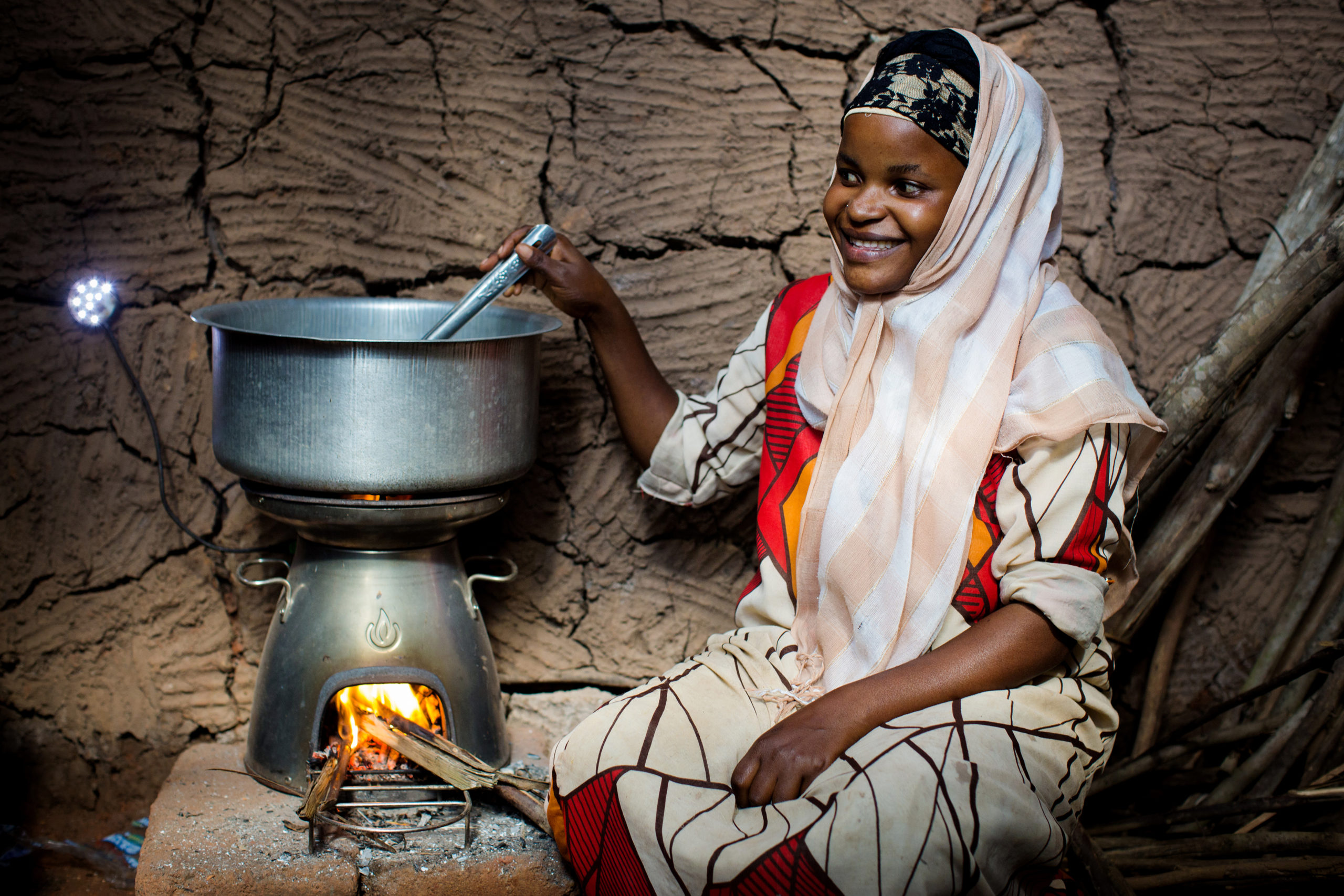Samiksha Nair
Chief Strategy Officer

In response to this call for action, CCA is leading the development of a Clean Cooking Systems Strategy to accelerate universal access through applying a systems approach.
The Strategy seeks to answer three important questions:
The Strategy process is using a co-creative approach to foster collective action to deliver the systems-level change needed to achieve clean cooking transitions. This systems approach helps ensure the Strategy is responsive to the evolving needs of a diverse group of stakeholders within the clean cooking ecosystem and other relevant sectors.
A system is defined as a web of interconnected and interdependent parts that form a unified whole.
The Strategy has used a systems approach to explore the clean cooking ecosystem more deeply, identifying not only opportunities and challenges, but also the root causes, precursors, and potential catalysts of the dynamic relationships that link actors within the ecosystem.
Before identifying ways in which the ecosystem might change, we wanted to first understand the current state of the clean cooking system – the actors involved, how they relate and the systemic challenges that hinder progress. To this end, we conducted in-depth interviews with over 75 stakeholders both inside and external to the clean cooking system. Knowing we couldn’t speak to everyone, we tried to engage a broad range of stakeholders, including enterprises, donors, national governments, research institutions, NGOs and market enablers. We also spoke to actors from adjacent sectors (e.g. global health, food & nutrition), as well as systems thinkers, adding further vantage points from which to understand the clean cooking ecosystem.
Through this process we developed and tested the Systems Strategy Framework and have articulated an emerging set of Initiatives to support longer-term transformation.
As part of this consultative process, we have engaged with a diverse set of stakeholders through numerous platforms, including longform interviews, workshops, webinars, and more:
We will develop prototypes and pilot projects in a “learn by doing” approach to rapidly learn, build and iterate on Initiatives in real time alongside stakeholders. Through this ongoing process, we are also actively building partnerships with potential funders and co-implementers to bring these Initiatives to life.
![]()
In-depth stakeholder engagement to better understand systemic challenges and opportunities within the clean cooking system
Synthesis of user research and insights into strategy outputs to be shared with and used by the broader ecosystem
![]()
Stakeholder consultations and workshops to explore and define the future state
Identification of critical transformations to help the ecosystem achieve universal access to clean cooking
![]()
Extensive testing and iteration of the Strategy and supporting calls to action to help implement high priority transformations
Dissemination of initial roadmaps to broader ecosystem to facilitate implementation of Strategy